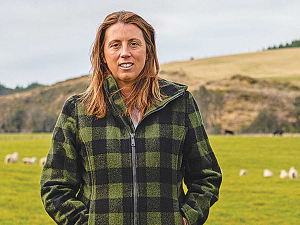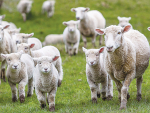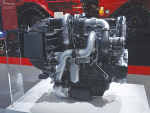This is despite claims to the contrary made by the usual array of left wing politicians and environmental do-gooders.
Why would we want to unfairly penalise New Zealand’s agriculture sector – and one of the few sectors with the ability to help the country out of the current economic hole – by imposing taxes when our international competitors are not doing the same?
How does handicapping New Zealand’s main economic driver reduce international greenhouse gases? Surely all that will do is shift the production of these agricultural greenhouse gases from New Zealand to another country?
Federated Farmers, Fonterra, Beef + Lamb NZ and other agricultural bodies are understandably delighted by the Government’s move. The sector has always argued that it’s crazy for New Zealand producers to be hit with the costs of an ETS when they have no way of mitigating these and when other farmers around the world are not being penalised accordingly.
Meanwhile, critics and environmental doomsayers are not so happy and are making claims about farmers being subsidised and getting a free ride – pure bunkum.
The ETS revision only delays agricultural biological emissions – methane and nitrous oxide from livestock and soils. Fact is all New Zealand farms and orchards have been in the ETS since July 1, 2010. The cost impact of the ETS on dairy, horticulture, sheep, beef and deer farmers is conservatively estimated to be a minimum of $106 million a year.
Fonterra estimates each of its dairy farmer suppliers directly pays $3700 a year in carbon costs for fuel and energy, plus their share of the carbon costs being paid by Fonterra for processing emissions (about $38.8 million per annum).
Beef + Lamb NZ, Meat Industry Association and Deer Industry New Zealand calculate the individual cost on sheep, beef and deer farms of the ETS, to be $2000 per annum (about $27.8 million per year). Meanwhile HortNZ estimates the ETS would add industry costs of at least $40 million per year.
These costs compare to the average household only paying additional ETS related costs of about $133 per a year. The agriculture sector is playing its part in paying for and reducing its carbon emissions; it’s time uniformed critics and commentators acknowledged and recognised this.
















